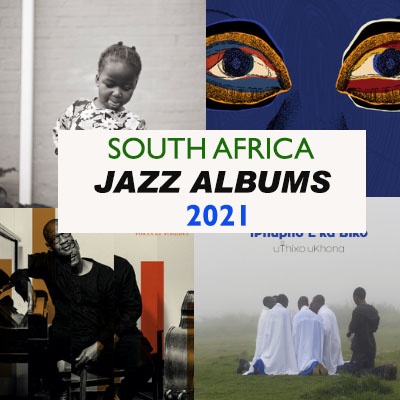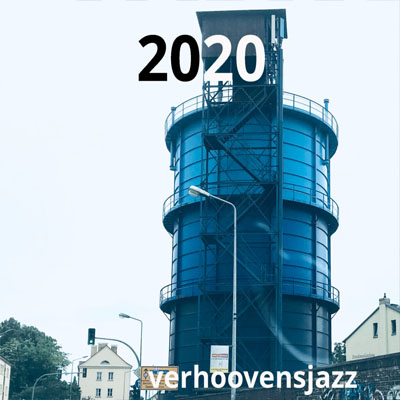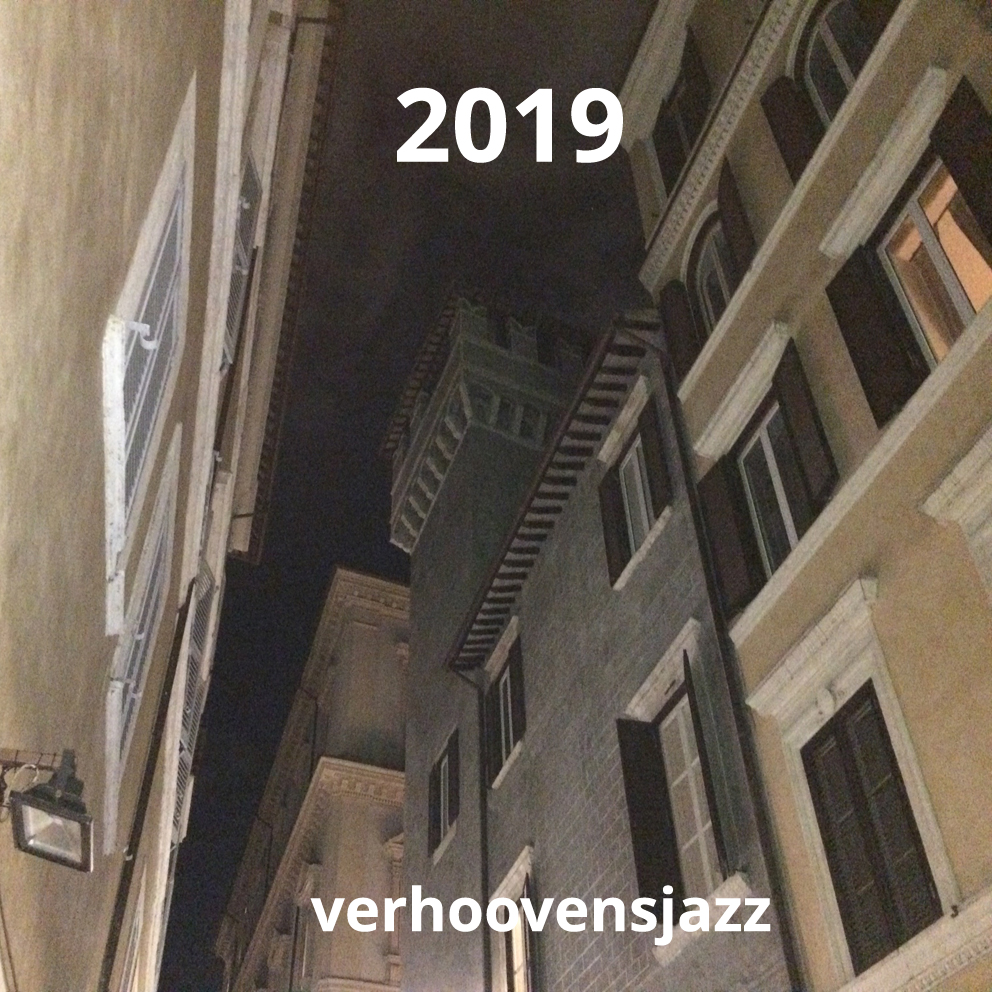Jazz Albums Review South Africa 2021
Was sagen, was. Wer seine Kindheit in South Africa erlebt und gelebt hat und von all dem nichts mitbekam. Was sagen, was. Nicht einmal die Musik. Wenn überhaupt, Trommeln. In den Radiostationen kam sie nicht vor. Dort spielte man Simon & Garfunkel und ein bisschen Miriam Makeba, nicht mal Hugh Masekela oder etwa Dollar Brand.
Die Trommeln als Live-Event bei Zulu-Tänzen oder hier und da ein Gospel bei den Gottessdienstfeierlichkeiten. Sie dort unten in weißen Gewändern. Bitte verschont mich mit eurem westeuropäischen Blick, die ihr so wer weiß wie heilig seid. Die Apartheid, ja, das war und ist Importware aus Europa, aus Deutschland, England und den Niederlanden, dass ihr dort überhaupt Urlaub machen dürft, oh Wunder.
Hör lieber, wie der Jazz klingt in Süd Afrika, oder South Africa, den Beat haben wir von dort. Our Roots began in Africa – Song von Pharoah Sanders – Link zum Text Vorsicht Google Search.
Unmittelbar verknüpft scheinen der Boom des Jazz in London zu sein mit dem Aufblühen einer Jazzszene in Süd Afrika. Nicht klar, ob in Johannesburg, Durban, Port Elizabeth oder Kapstadt? Dreimal darfs du raten: insbesondere das Album Wisdom of Elders von Shabaka and the Ancestors (Link nach Bandcamp) sorgte 2016 für Furore und wird wohl als Meilen- oder Grundstein für die Entwicklung der Szene in Johannesburg gelten, zurecht.
Nicht gerade viel, was auf Wiki steht zum South African Jazz. Hier ein Artikel aus 2014 von DJ Okapi – du kommst über Dollar Brand, auch Abdullah Ibrahim der Sache näher. Geboren 1934 in Cape Town (Kapstadt), bekommt er Klavierunterricht mit sieben, und betritt die Bühne mit fünfzehn. 1962 zieht es ihn nach Europa, er begegnet 1963 Duke Ellington in Zürich. Von dort zieht es ihn 1965 nach New York, um erst 1968 nach Süd Afrika zurückzukehren. Und seinen Baptisten Namen Dollar Brand abzulegen und zum Islam zu konvertieren, seitdem bekannt als Abdullah Ibrahim.
1974 dann ändert er seinen bis dato finanziell erfolglosen Folkjazz in Fusionjazz und bringt das Album Underground in Africa, was ihm gleich auch Erfolg einbringt. Dollar Brand, dann Abdullah Ibrahim, von ihm existieren unzählige Soloalben, immer aber ist er auch als politisch agiler und bewegter Mann erlebbar, nachzulesen war es hier: Abdullah Ibrahim and the Politics of Jazz in South Africa – aber: eine Jazzszene, die nur auf den Schultern einer Person oder eines Charismatikers ruht, hat kaum Überlebenskraft. Das hat sich aber in den letzten Jahren entscheidend geändert.
Wir sehen Three Faces of New South African Jazz von Philip Freeman auf Bandcamp, wir sehen South African Jazz Scene Surveyed on ‘Indaba Is’ Compilation von Ayana Contreras auf Downbeat. Wir sehen South African Jazz: A New Generation with a fresh Perspective Ja, der Jazz rückt ins Rampenlicht offizieller Touristikseiten, 2020 konnte man von einem sehr starken Jahrgang sprechen mit vor allen der Aufnahme Modes of Communication: Letters from the Underworld bei Blue Note erschienen von Nduduzo Makhathini –
Für 2021 nun ragt Malcolm Jiyanne Tree-O Umdali – Ayanda Zal heraus. Gern zu empfehlen auch noch einmal die Konzerte auf Arte (s.u.), die dort bis April 2022 vorgehalten werden. In dem Sinn – Aufs Neue. 2022 und hoffentlich Frieden und bitte endlich auch gleiches Recht – für alle.
Jazz Albums Review South Africa 2021
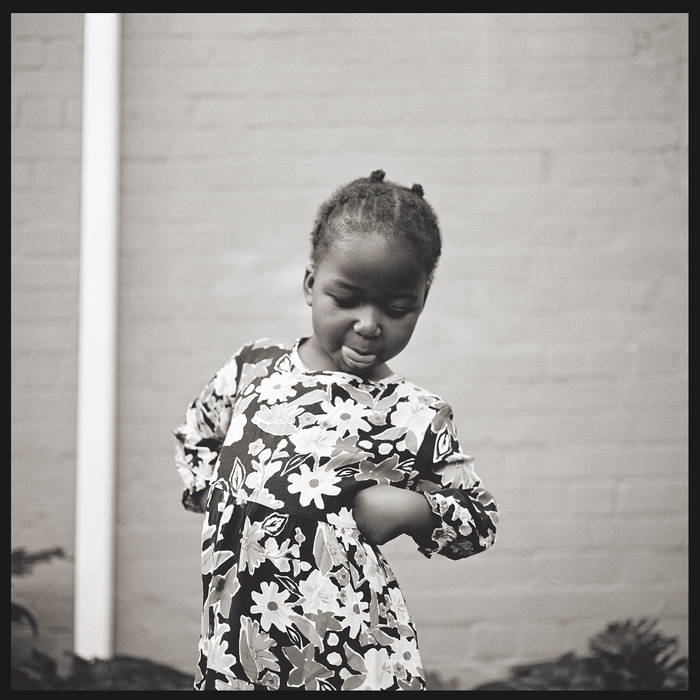
von Malcolm Jiyane Tree-O
Malcolm Jiyanne Tree-O Umdali – Ayanda Zalekile (b), Brandon Ruiters (tp), Gontse Makhene (perc), Lungile Kunene (dr), Malcolm Jiyane Xorile (tromb), Nhlanhla Mahlangu (sax), Nkosinathi Mathunjwa (p), Tebogo Seitei (tp), Tubatsi Mpho Moloi (voc)

von Various Artists
Thandi Ntuli, Bokani Dyer, The Brother Moves On, Lwanda Gogwana, We Wretched, Sibusile Xaba, The Ancestors, Indaba Is – ein Sampler Jazz South Africa als guter Einstieg in die aktuelle Szene.
Sibusile Xaba Umdali – Naftali (voc), Fakazile Nkosi (voc), Sibusile Xaba (g)
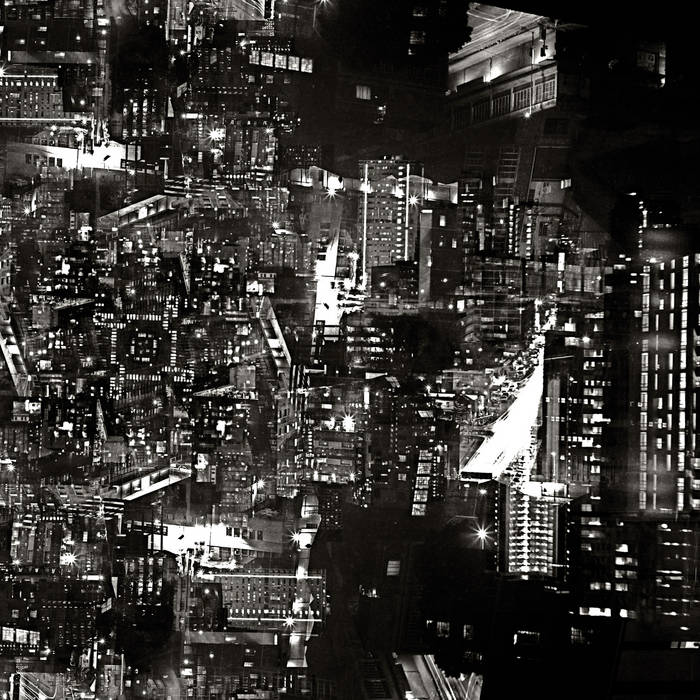
von Kyle Shepherd
Kyle Shephard – After The Night, The Day will Surely Come – Kyle Shephard (p) Solo Piano
Linda Tshabalala Convergence: Bekezela Siyeza; Linda Tshabalala (sax), Lesego Mokgatle (voc), Mark Komane (Arrangement), Mamadrum (perc), Lelo Mazibuko (dr)
Reference by Percy Mabandu

Tolika Mtoloki You Think You Know Me
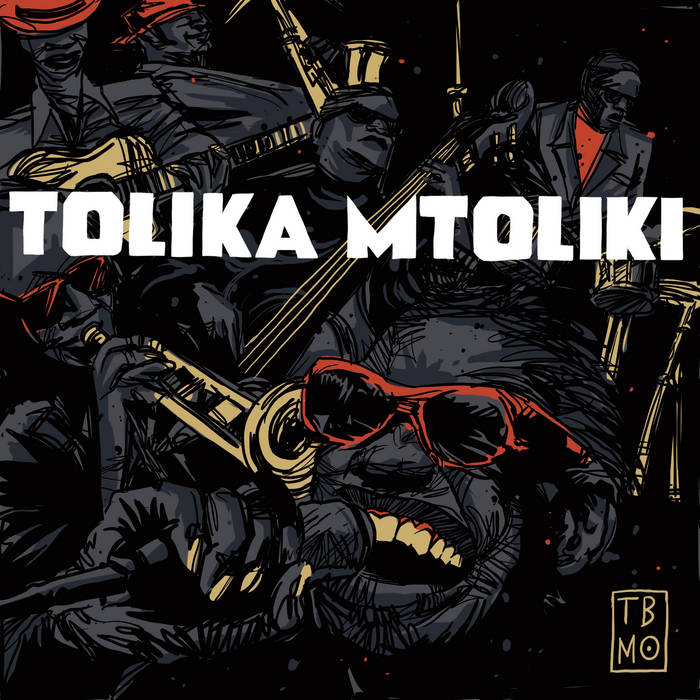
von The Brother Moves On

Zoe Modiga Umlolozelo – Zoe Modiga (voc)

Herbie Tsoaeli At this Point in Time: Voices in Volumes – Herbie Tsoaeli (p)

von Herbie Tsoaeli

Mandisi Dyantyis Cwaka – Mandisi Dyantyis (voc)

iPhupho L’ka Biko Uthixo Ukhona – Nhlanhla Ngqaqu (b) Website
Nduduzo Makhathini The Blues of a Zulu Spirit – Nduduzo Makhathini (p)
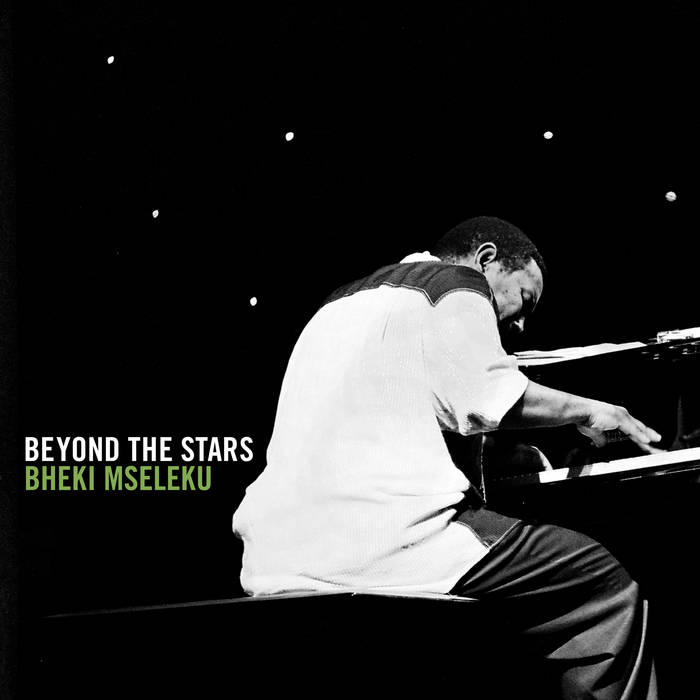
von Bheki Mseleku
Bheki Msellku Beyond the Stars Tales – Solo Piano – Bheki Msellku (p)

South African Jazz 2021 – Jazzfest Berlin – Johannesburg
Mit den besten Wünschen und Grüßen und trotz aller Widrigkeit einem
English Version – Jazz Albums Review South Africa 2021
What say what. Who experienced and lived his childhood in South Africa and did not know anything about all this. What to say, what. Not even the music. If at all, drums. It didn’t appear on the radio stations. There they played Simon & Garfunkel and a bit of Miriam Makeba, not even Hugh Masekela or, say, Dollar Brand.
The drums as a live event at Zulu dances or here and there a gospel at the worship celebrations. You down there in white robes. Please spare me your Western European look, you who are so who knows how holy. Apartheid, yes, that was and is imported from Europe, from Germany, England and the Netherlands, that you are allowed to vacation there at all, oh wonder.
Better listen to how the jazz sounds in South Africa, or South Africa, we got the beat from there. Our Roots began in Africa – song by Pharoah Sanders – Link to Lyriks beware Google Search.
The boom of Jazz in London seems to be directly linked to the blossoming of a jazz scene in South Africa. Not clear whether in Johannesburg, Durban, Port Elizabeth or Cape Town? Three guesses: the album Wisdom of Elders von Shabaka and the Ancestors (link to Bandcamp) in particular caused a sensation in 2016 and will probably be regarded as a milestone or foundation stone for the development of the scene in Johannesburg, and rightly so.
Not much on Wiki about South African Jazz. Here is an article from 2014 by DJ Okapi. Not much either, but still: List of Jazz Musicians in South Africa – you get closer via Dollar Brand, auch Abdullah Ibrahim. Born in Cape Town in 1934, he started piano lessons at the age of seven and took to the stage at fifteen. In 1962 he was drawn to Europe, where he met Duke Ellington in Zurich in 1963. From there, he moved to New York in 1965, only to return to South Africa in 1968. And to give up his Baptist name Dollar Brand and convert to Islam, since then known as Abdullah Ibrahim.
In 1974, he changed his hitherto financially unsuccessful folk jazz into fusion jazz and released the album Underground in Africa, which also brought him immediate success. Dollar Brand, then Abdullah Ibrahim, there are countless solo albums by him, but he can always be experienced as a politically agile and moving man, read here: Abdullah Ibrahim and the Politics of Jazz in South Africa – but: a jazz scene that rests only on the shoulders of one person or one charismatic has hardly any survival power. However, this has changed decisively in recent years.
We see Three Faces of New South African Jazz by Philip Freeman on Bandcamp, we see South African Jazz Scene Surveyed on ‘Indaba Is’ Compilation on by Ayana Contreras on Downbeat. We see South African Jazz: A New Generation with a fresh Perspective – Yes, jazz is moving into the spotlight of official tour sites, 2020 could be said to be a very strong year with especially the recording Modes of Communication: Letters from the Underworld released on Blue Note by Nduduzo Makhathini.
For 2021 now Malcolm Jiyanne Tree-O Umdali – Ayanda Zal stands out. We also recommend the concerts on Arte (see below), which will be available there until April 2022. In this sense – To the new. 2022 and hopefully peace and please finally also equal rights – for all.
